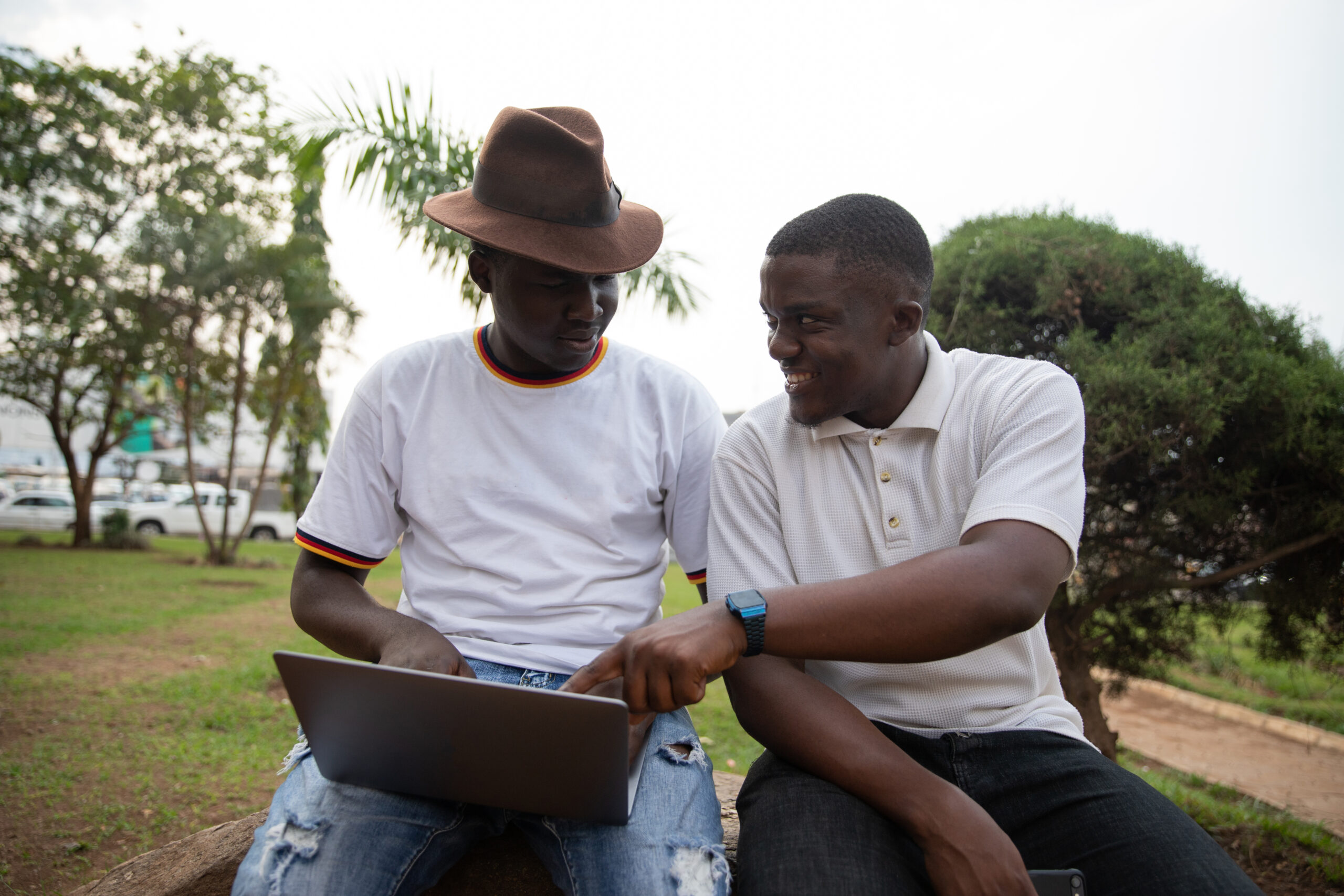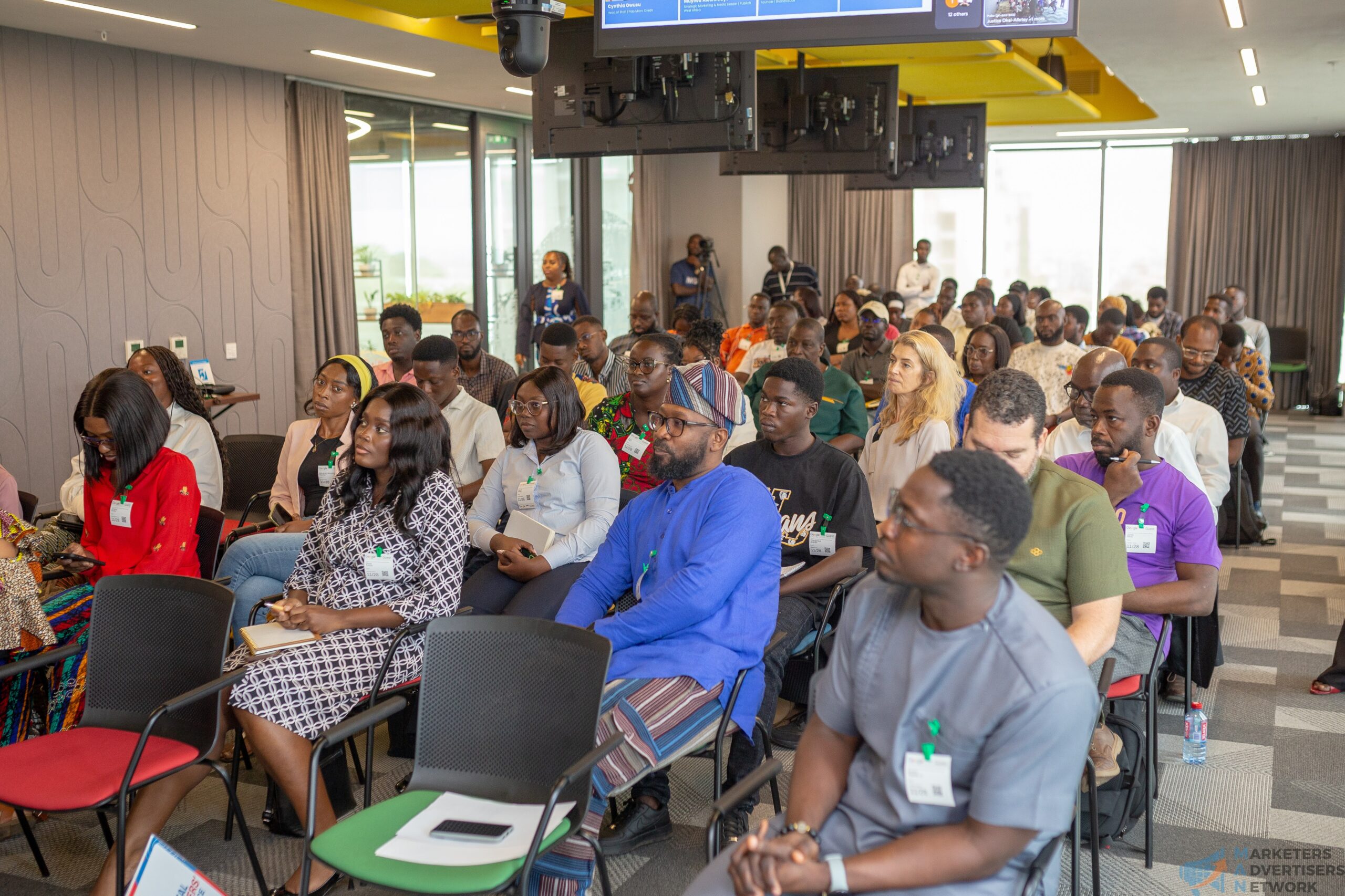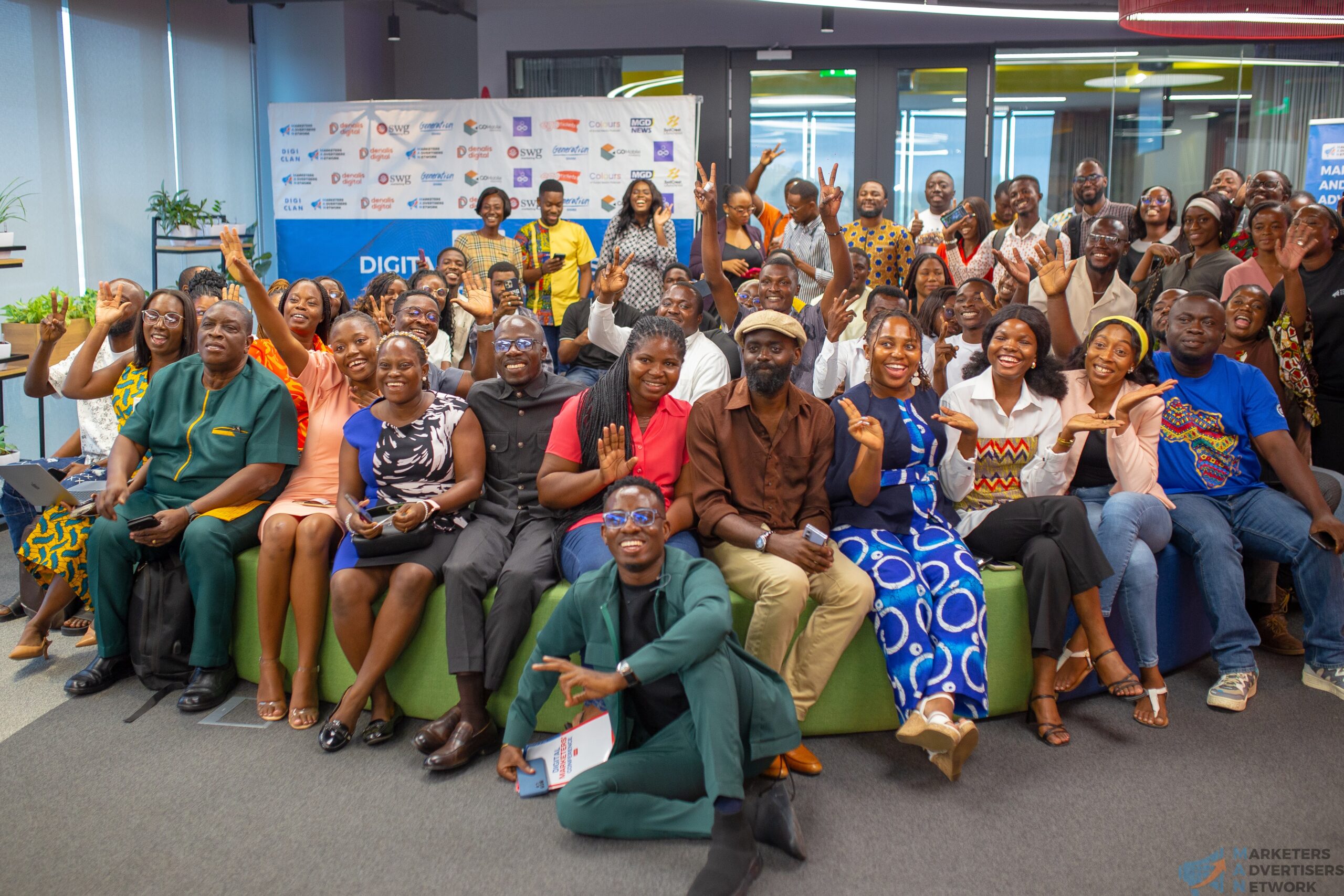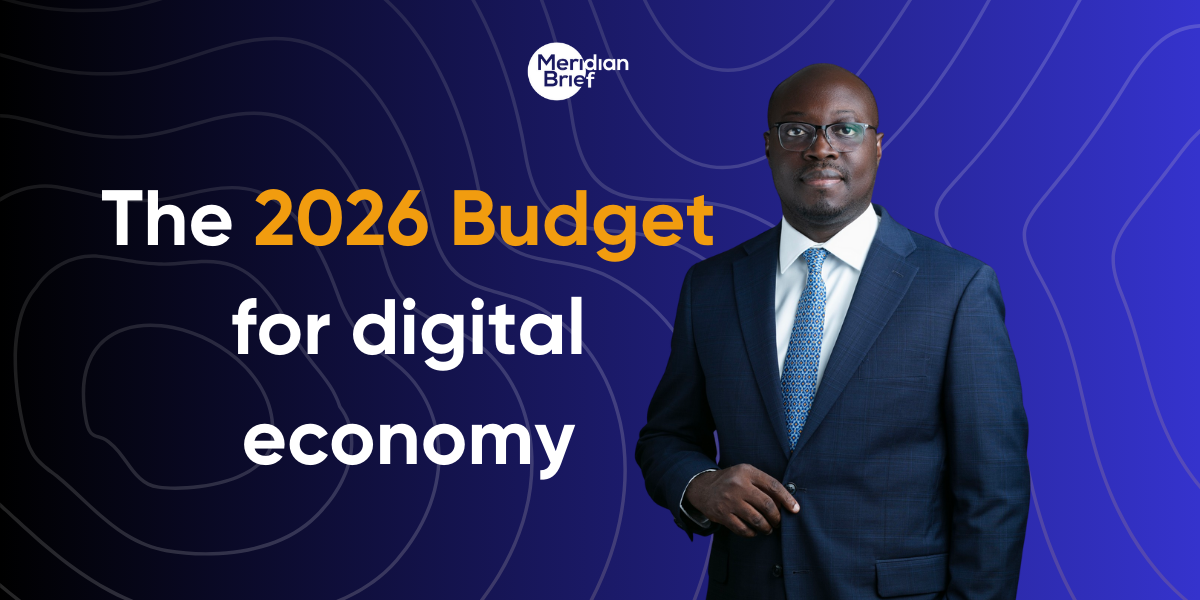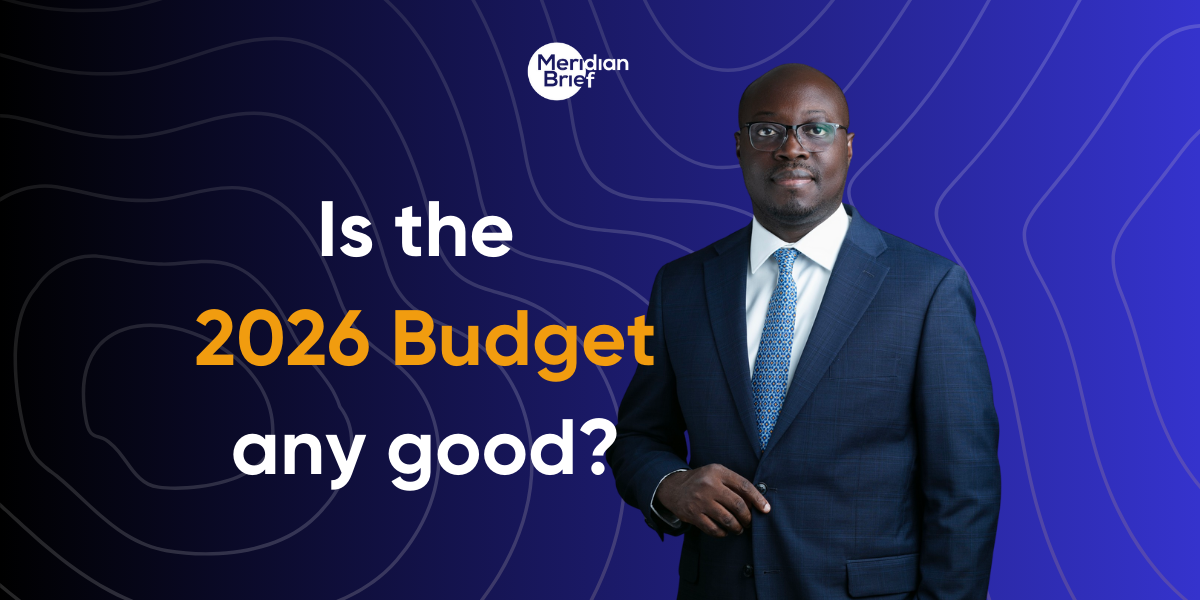Netflix, which expanded to Ghana in 2016, has become a household name in urban areas, while Showmax (launched 2015 in Africa) has actively courted Africans with localized content and cheaper plans.
Video Streaming Services Usage in Ghana: Netflix, Showmax & Local Players
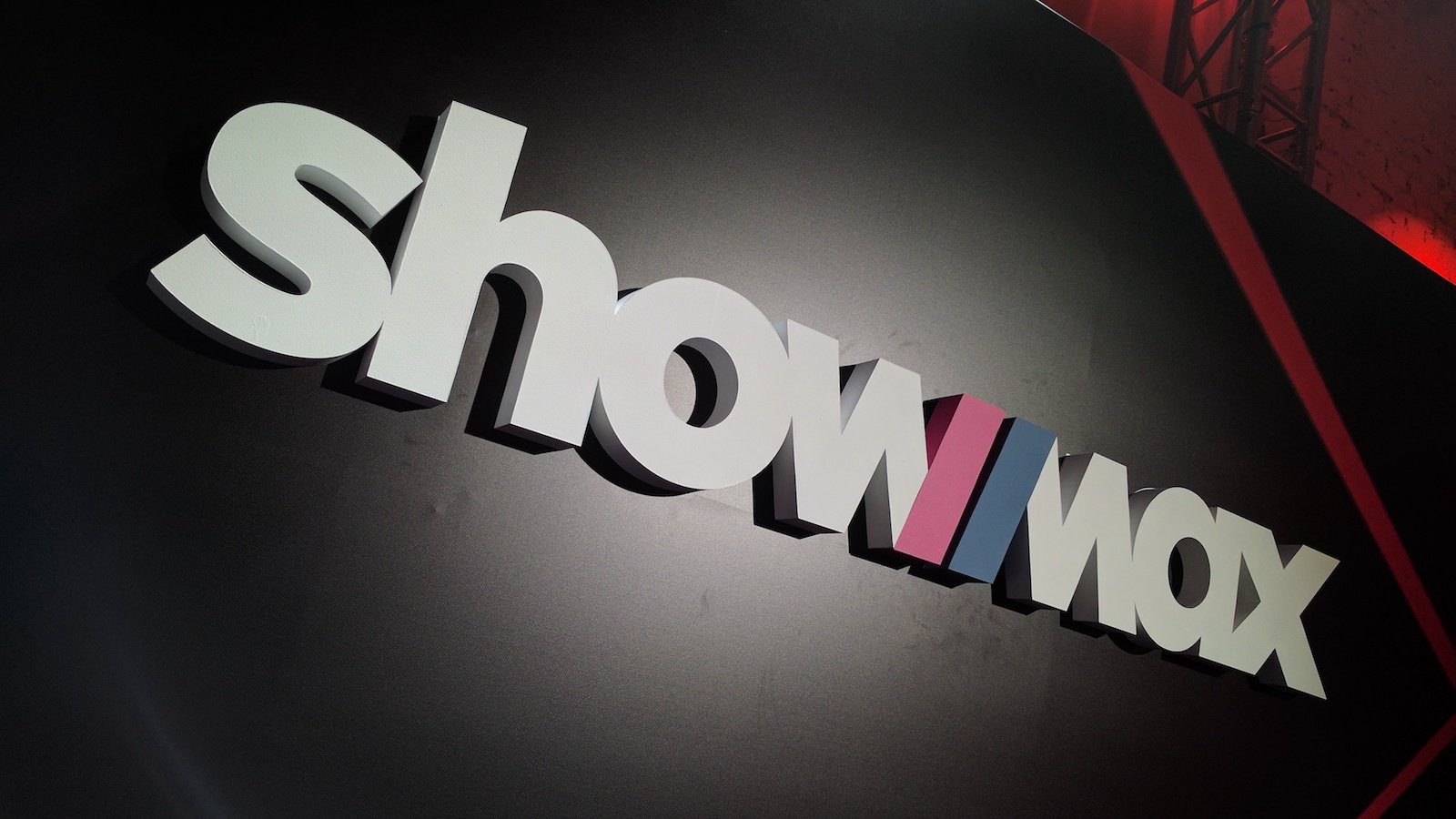
When Ghanaians say “I’m watching something,” it’s just as likely to be on a smartphone or laptop as on a TV these days. Video streaming has firmly arrived in Ghana – but it’s navigating a unique terrain of price-sensitive consumers, patchy internet, and a love for local content. Global giants Netflix and Showmax (the Africa-focused streamer from MultiChoice) are competing for Ghanaian eyeballs alongside smaller local platforms like IrokoTV and channels-turned-streamers like Akwaaba Magic. Let’s dive into how Ghanaians stream, what they watch, and what hurdles and opportunities these services face.
A Niche on the Rise
Streaming in Ghana is still in its early days, but it’s growing fast. As of 2025, Ghana’s total paid SVOD (Subscription Video on Demand) users are estimated around 232,000 – a tiny fraction (~0.7%) of the population, yet a huge leap from virtually zero less than a decade ago. Netflix, which expanded to Ghana in 2016, has become a household name in urban areas, while Showmax (launched 2015 in Africa) has actively courted Africans with localized content and cheaper plans. Showmax even overtook Netflix in total African subscribers by late 2023 (2.1 million vs 1.8 million), thanks to strategies tailored to African markets. In Ghana, Showmax had about 42,000 subscribers in 2023 – not bad for a service many only discovered a few years ago.
That said, the vast majority of Ghanaians aren’t paying for Netflix or Showmax – at least not yet. Traditional TV (both free-to-air and satellite) remains dominant for now, and data costs and payment barriers have kept streaming a bit niche. But the trajectory is clear: digital video usage is rising as internet access improves. Ghana’s internet penetration hit ~70% in 2024, and youthful, tech-savvy consumers are looking beyond just YouTube for entertainment. A Statista forecast even suggests one-third of Ghanaians could be streaming by 2025 (if we include ad-supported platforms).
Netflix and Showmax: Who’s Watching What?
Netflix in Ghana is popular for its vast library of international content – Hollywood movies, global hit series (Nollywood dramas, K-dramas, telenovelas), and a sprinkling of African originals. It’s practically a default app for many young professionals and university students in Accra and Kumasi. However, Netflix’s pricing (roughly $7.99 for the basic plan, plus taxes) and need for credit card payments mean it skews toward the middle and upper class. Many users workaround by sharing accounts or using gift cards. The content, while huge in variety, has relatively little Ghana-specific programming. (Netflix’s African content skews Nigerian or South African, though it has licensed a few Ghanaian films like The Burial of Kojo). As a result, Netflix in Ghana is often used to watch the global zeitgeist shows – think Money Heist, Bridgerton, or Squid Game – rather than local stories.
Showmax, on the other hand, has made local relevance its ace. The service bundles a lot of African content – including Ghanaian series from Akwaaba Magic (like the hit drama Dede), Ghanaian films, and even live streams of African news and sports. Strikingly, in 2022, 9 out of Showmax’s 10 most-streamed titles in Ghana were African-produced. In other words, Ghanaians on Showmax are largely watching African shows – from Ghana, Nigeria, South Africa, etc. Showmax’s appeal is further boosted by its sports offering (English Premier League matches) on Showmax Pro, something Netflix doesn’t have. For many soccer-loving Ghanaians, the ability to stream live matches is a huge draw (imagine catching the Chelsea vs. Man U game on your phone during a trotro commute – that’s a selling point).
Price-wise, Showmax is more accessible. Its mobile-only plan costs around GHS30 (~$4) per month, and importantly, accepts local payments like mobile money. MultiChoice (Showmax’s parent) has partnered with telcos like MTN Ghana to offer data bundles – e.g. buy a Showmax Mobile subscription via MTN Momo and get 3GB of data free for streaming. These bundling tactics directly tackle the biggest barrier: data cost. It’s a savvy move when a single hour of video can gobble up 200-500MB easily, and many users count megabytes. (For context, streaming an hour of video in high quality could cost about GHS5-10 in data; bundles mitigate that).
Local Players and Content
Beyond Netflix and Showmax, what about homegrown or regional streaming platforms? One notable player is irokoTV, a Nigerian-founded service that was an early provider of African movies on demand (often called the “Netflix of Africa” in its heyday). IrokoTV gained some user base in Ghana, especially among fans of Nollywood and old Ghanaian movies, because it offered a catalog of those via an affordable app. However, irokoTV’s momentum has slowed as Netflix grabbed Nollywood rights and as Showmax and YouTube filled the African content space. There’s also YouTube itself – while not a paid service, YouTube is arguably the biggest “streaming platform” in Ghana in terms of usage, with countless users watching free Ghanaian comedy skits, music videos, and web series. Many rising Ghanaian filmmakers release content on YouTube to reach wide audiences without a paywall.
Akwaaba Magic, a channel on DSTV known for local Ghanaian series, isn’t a standalone streaming app, but its content is made available on Showmax. Similarly, some Ghanaian TV stations have launched their own online streaming portals (like TV3’s app, or GHOne TV’s YouTube live streams), giving viewers alternative ways to catch up on local programs. So, while there may not be a “Netflix but made in Ghana” platform dominating yet, local content is increasingly finding its way to digital platforms one way or another.
Challenges: Data and Cedis
For all its promise, streaming in Ghana wrestles with challenges that are both familiar and unique:
- Data Costs and Internet Quality: Streaming video consumes a lot of data – something Ghanaian consumers are acutely aware of. With mobile data prices still relatively high (and unlimited broadband not widely available outside higher-end neighborhoods), streaming a whole season of a show can burn through one’s data budget. It’s telling that Showmax and others have introduced data-saving features (like low-bandwidth modes) and the aforementioned bundles. Myriad memes about “buffering” attest that Wi-Fi isn’t always stable, turning that dramatic climax into a spinning wheel. Until data becomes cheaper (or more Wi-Fi is accessible), many users treat streaming as an occasional treat, not a daily habit.
- Payments and Pricing: While Showmax embraces mobile money, Netflix still relies on card payments, which many Ghanaians don’t have or don’t trust for online use. This is a barrier. The pricing of the services relative to income is also a factor. A $7-10 monthly Netflix plan might seem modest by Western standards, but for a young graduate in Ghana, that could be equivalent to a significant chunk of their disposable income. Services have responded – Netflix has tested mobile-only plans in some African markets (around $3-4), though not sure if Ghana specifically has it yet. Likewise, promotions (like free trials or telco deals) are common to hook new users.
- Content Relevance: Ghanaians, like all audiences, want content that speaks to them. The global services are gradually figuring this out – Netflix has added more African content, and Showmax, as noted, leans heavily into it. Still, there’s a ton of international content that might not resonate. For example, a random Korean soap or Spanish reality show on Netflix might go unwatched by most Ghanaian subscribers who’d rather see Yvonne Okoro in a Ghanaian rom-com. To really win the market, streamers need to invest in local productions or at least license popular local films. Showmax’s strategy of carrying Akwaaba Magic series is a good example of catering to local tastes. It’s a telling statistic that across Africa, Showmax’s top content is largely local, whereas Netflix’s top 10 is often dominated by foreign titles. Ghanaians are interested in seeing their own lives and cultures reflected on screen – or at least stories from similar cultures.
- Competition from Piracy: Let’s be frank – why pay GHS50 a month for different streaming subscriptions if one can find that new movie on an unofficial site or via the guy selling USB drives of movies? Digital piracy – through illicit streaming websites, Torrent downloads, or circulating content on WhatsApp – is a quiet competitor in the background. Some consumers will pony up for the convenience and quality of legit streaming, but others will seek free alternatives, especially for one-off movies or sports.
Despite these challenges, the trajectory is positive. As data gets cheaper (it’s trending that way slowly) and more localized content hits these platforms, streaming will move from the fringes to mainstream. The telcos see streaming as an opportunity too – more streaming equals more data usage. MTN, Vodafone, etc., have been marketing special video bundles and zero-rated offers. There’s even talk of telecom-driven streaming services: MTN has hinted at building its own platform to compete with Netflix/Showmax, leveraging its huge user base and billing integration.
The Road Ahead
What might the streaming landscape in Ghana look like a few years from now? Likely, a lot more crowded. Netflix isn’t going anywhere – they may invest in a Ghanaian original film or series to capture more of the market (following their successes in Nigeria with shows like Blood Sisters). Showmax will double down on local content and sports, possibly hitting partnerships with creators in Ghana for originals. We might also see Disney+ or other global players eventually target Ghana (as of 2025, Disney+ isn’t officially in most of Africa, but who knows beyond).
For local content producers, streaming opens a new distribution channel – we’re already seeing Ghanaian filmmakers premiering movies on Amazon Prime Video or selling rights to Netflix. This could increase, giving Ghanaians more reason to subscribe. And perhaps a Ghana-specific service could emerge, say a Kumawood-focused app for local-language films, tapping into that market specifically.
At the end of the day, Ghanaians love a good story – whether it’s a Korean drama dubbed in Twi on TV, or a high-budget American fantasy on Netflix, or a local comedy on YouTube. Streaming is just a new way to deliver those stories. The key will be making it accessible (in price and platform) and relevant. As one media observer noted, streaming services win in Africa by pairing global tech with local understanding. In Ghana, that could mean more Twi subtitles, mobile money payments, and shows that feature Accra’s streets and Tamale’s landscapes as much as New York or Seoul.
For now, “Netflix and chill” in Accra might often still involve an evening of spotty Wi-Fi and careful data monitoring. But each month, more people are giving it a try – seduced by the convenience of on-demand and the abundance of choices. If the streaming wars are a marathon, consider Ghana an uphill portion with its own twists – but the finish line of mass adoption is gradually coming into view, one buffer-free binge at a time.
Subscribe to MDBrief
Clean insights, a bit of sarcasm, and zero boring headlines.
